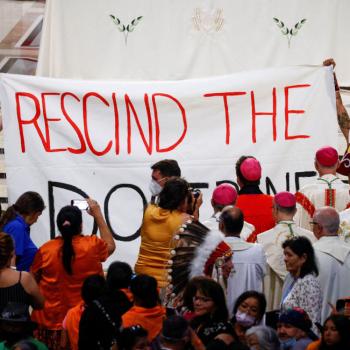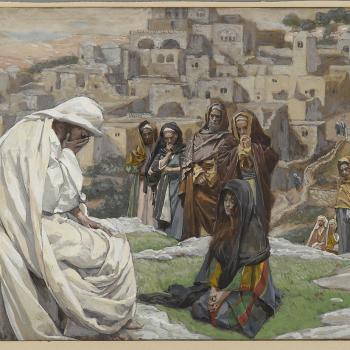I have written about New Testament texts and the historical Jesus in the context of life in early first-century Palestine. (See here, here, and here for examples and links to more posts.) So I felt fortunate to discover a Bible scholar doing similar work in a broader context. Warren Carter studies New Testament writings in relation to the dominating Roman Empire. This post introduces the prolific author Warren Carter and his work. A following post will examine one work in... Read more



















